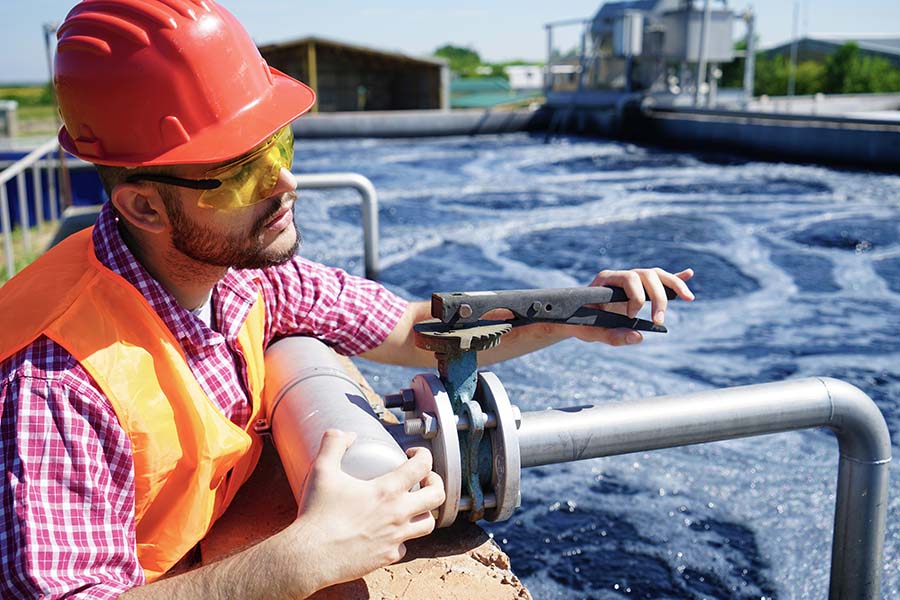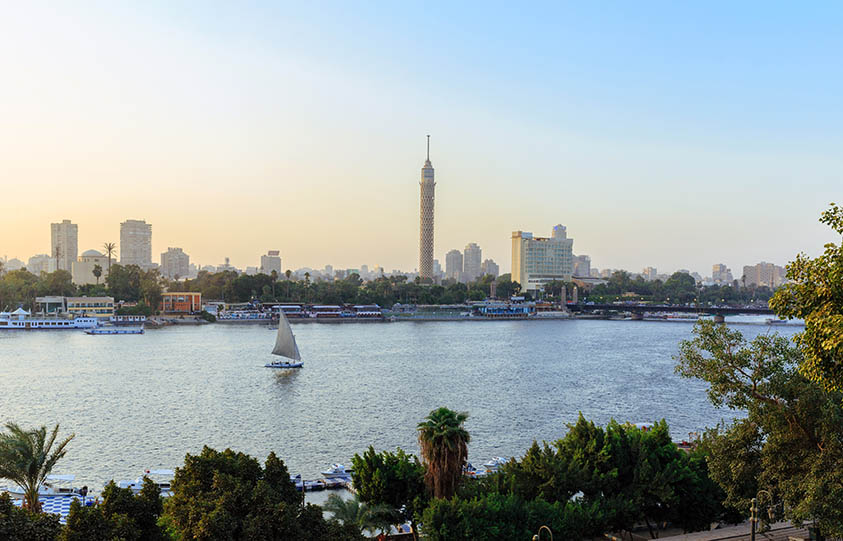Deliverables
The following public deliverables were realized by the project:
D1.1 Report on needs and priorities in the field of international cooperation agreements on water management in the target MACs
D1.2 Water stress and water vulnerability indicators and maps
D1.3 Effects of water stress on food security and socio-economic development
D1.4 Water vulnerability assessment framework
D2.1 SOPs relative to the WP2 and WP3 technologies
D2.4 & 3.3 Public abstract of the results of WP2 and WP3 on wastewater treatment and irrigation technologies
D3.4 Final report on the water & crop allocation model
D5.1 Review of the use of economic instruments in water management in Egypt, Morocco and Tunisia
D5.2 WW management strategies and water & land management strategies in agriculture
D5.3 DSTs for WW treatment management and for water & land management in agriculture
D6.1 Integrated water & land management strategies and policy recommendations
D6.4 Guidelines for the adaptation of the project outcomes beyond the project boundaries
D7.2 Dissemination and communication plan
D7.3_First update of the dissemination and communication plan
D7.4 Final plan on the dissemination and communication activities
D7.5 Stakeholder Consultation Workshops
D7.6 First report on the dissemination activities and materials.
D7.7 Final report on the dissemination activities and materials
Decision Support Tools
MADFORWATER produced two Decision Support Tools aimed at supporting decision makers, basin authorities, wastewater managers, farmers and companies active in the fields of wastewater treatment and irrigation in the identification of the most appropriate technology combinations, water management practices and cropping patterns in a given basin or sub-basin:
- The first one, Poseidon 2.0, guides stakeholders in the selection of the most suitable technology combination to treat a given wastewater up to the desired quality level, in order to comply with local and/or international standards. It proposes as an output top ranking technology options, based on lifecycle treatment costs and/or on a weighting profile defined by the user. This open access DST and its corresponding handbook are freely available to any interested stakeholder on the Zenodo Repository.
- The second one is a model-based DST aimed at guiding farmers and basin authorities in the selection of the optimal cropping pattern, mix of freshwater and treated wastewater and irrigation technologies in a specific farm, farming system or basin. This agro-economic DST, together with the user manual, is freely available to any interested stakeholder on the AMS Acta repository of the University of Bologna. The DST is contained in a computer code constructed with the text editor GAMS IDE. The code is usable with any GAMS license, including the demo license that can be freely obtained at the following link: https://www.gams.com/download/. At the same link, it is possible to freely download the GAMS software, for Windows, Linux or MAC operating systems.
In addition, MADFORWATER produced the Safe Irrigation Model (SIM), a user-friendly software that guides farmers and basin authorities in developing optimal irrigation schedules. SIM is adapted to various types of irrigation technologies, to the use of treated wastewater, to different soil types and crop varieties. In the case of treated wastewater, SIM takes specifically into account the possible accumulation of salt in soil as a result of high water salinity and the risk of crop contamination as a result of the possible presence of residual pathogens. SIM and its user manual are freely available to any interested stakeholder on the AMS Acta repository of the University of Bologna.






















